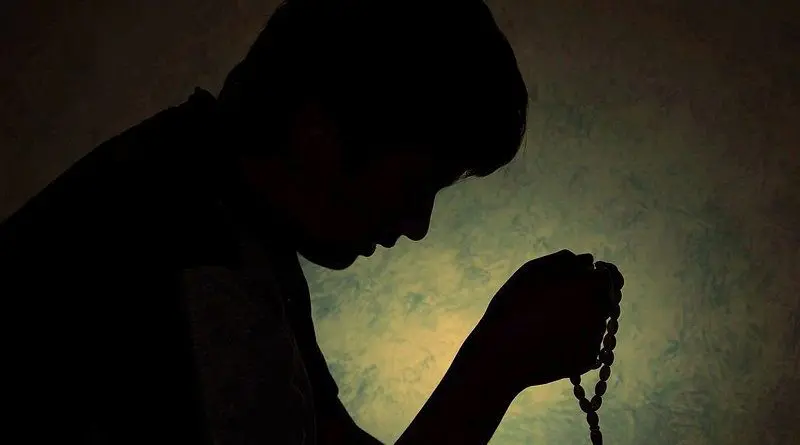Kazan Tatars launch websites to promote modernist Islam
By Paul Goble
Tatar Muslims, for more than a century distinguished by their commitment to modernist Islam, have launched two websites to promote that understanding of the faith both within their republic and across the Russian Federation, even as the Tatar media have increased coverage of Muslim affairs.
Last week, Rafik Mukhametshin, rector of the Russian Islamic University in Kazan, announced the launch of the first of these, a new Islamic Internet portal at www.islam-portal.ru/ to “propagandize the intellectual Islam of the Hanafi School that is traditional for Tatarstan (www.interfax-religion.ru/islam/?act=news&div=35979).
According to Mukhametshin, the site will focus on culture, science and education in the hopes of becoming “one of the leading places in the Muslim information space of the country.” He said the site would avoid politics, thereby setting itself apart from other sites which offer “a radical fundamentalist point of view.”
In addition, he continued, the site will seek to reach out to those “who are only beginning to become acquainted with Islam” by offering special courses, an electronic library featuring “the outstanding Tatar theologians of the past,” and the chance to interact with Muslim religious leaders and scholars.
Portions of the site are still “under construction,” but among the articles posted so far are ones bearing titles like “The Clocks of Mecca are the Largest in the World,” “The Legal Victory of a French Student in a Hijab,” and “The Period of Holy Months has Begun,” an indication that the site is working along the lines Mukhametshin describes.
The second Tatar Muslim site — soyuzmusulmanok.ru/ — is in some ways the more interesting. It has been launched by the Union of Muslim Women of Tatarstan and judging by the initial postings, the site is directed less at Muslim women in the villages than at their counterparts in the modern sector of cities.
The site, Interfax notes, invites Muslim women to take part “in competitions of female spiritual beauty, designers of national dress and Islamic fashion, and in the delivery of homilies, an appeal reinforced by photographs of strikingly modern Muslim women on the index page of the new portal (www.interfax-religion.ru/islam/?act=news&div=35934).
Like the other site, the Soyuzmusulmanok.ru site seeks to reach not only the Tatars but also Muslims elsewhere in the Russian Federation and abroad as well. To that end, the site’s editors say that eventually the site will work “in three languages, Tatar, Russian and English,” although when that will happen remains open.
Meanwhile, two other developments in the Tatar electronic media this week are worthy of note. Today, Info-Islam announced that it is now disseminating its news in Tatar at tatar-islam.ru, and Tatar state television said that it is now featuring a regular program on Islam (www.islamrf.ru/news/russia/rusnews/13049/).
That weekly program called “Islam in Fact” will be hosted by the pro-rector of the Russian Islamic University Rustam Batrov, who also is head of the Council of Ulema of the Muslim Spiritual Directorate (MSD) of Tatarstan. That should guarantee that the program will also support the Modernist version of Islam.
Moreover, as the television station noted, the program will be available not only in Tatarstan but elsewhere as well because it will be distributed not only to various cable companies in the Russian Federation and abroad but also and perhaps especially important because it will be streamed live on the Internet.
These developments in the electronic media of Tatarstan suggest at least two things. On the one hand, moderate Muslims there may now feel themselves under some pressure from fundamentalist groups and are seeking to counter the influence of the latter via channels that younger people often turn to.
And on the other, such sites will help to promote the revival of the Tatar tradition of serving as intellectual leaders of the Muslim umma of Russia, a position that was unchallenged before 1917 and largely unquestioned in Soviet times but that has been undermined by changing demography.
But however that may be, these sites and the number of visitors they attract are likely to be an accurate barometer of the way in which Russia’s historically more moderate Muslims are fighting back against extremists and to demonstrate that the best defense against the latter is more knowledge about the former.

